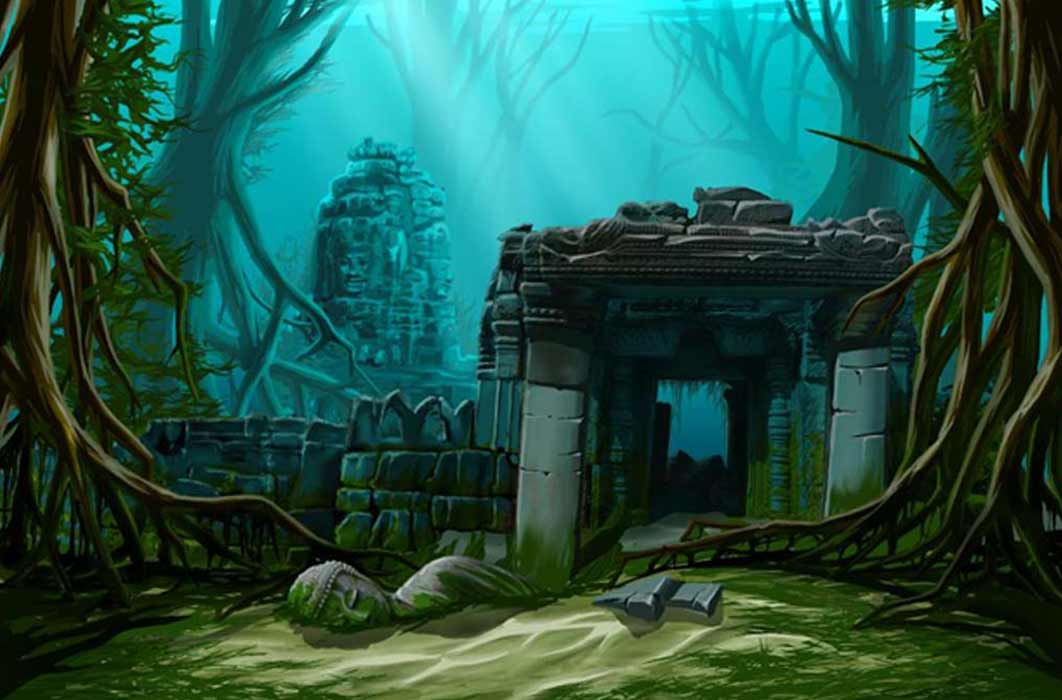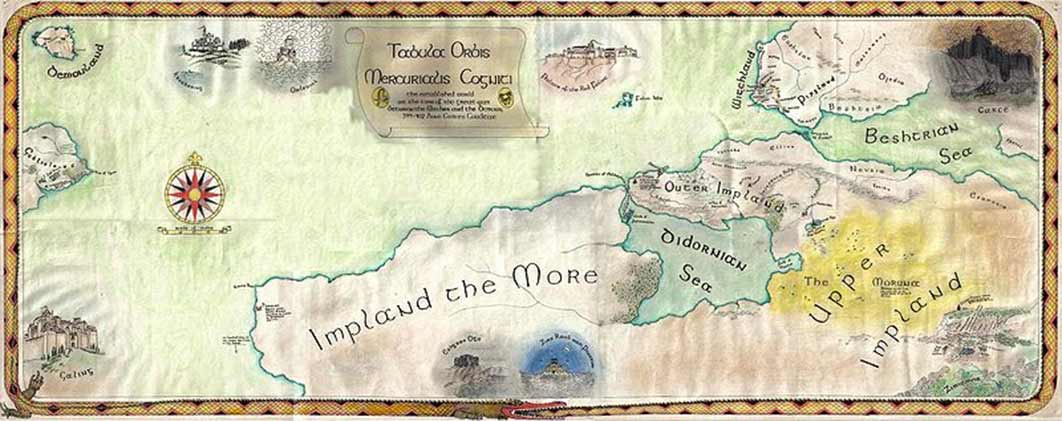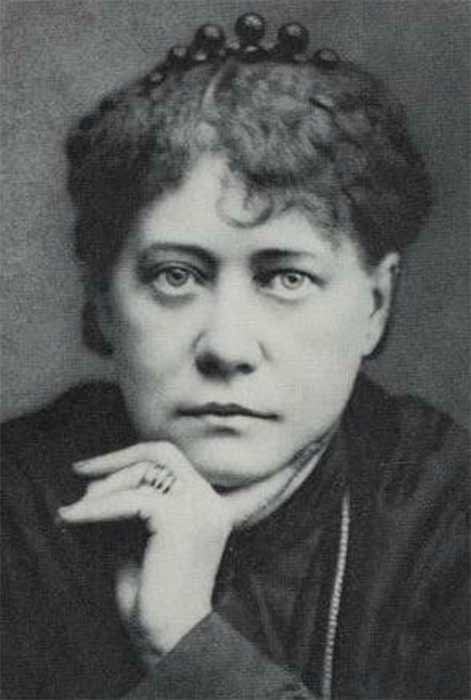
The Curious Case Of Frederick Soddy And The Forgotten Race Of Men
In 1921, Frederick Soddy won the Noble Prize in chemistry for his research into radioactive substances and his studies of isotopes, yet curiously this Oxford scientist mused about a “forgotten race of men”. What were the relations between Soddy, the Theosophical Society of Madame Blavatsky and Atlantis, if any? There have been many speculations on the theme of highly advanced ancient knowledge, leading to an abundant number of works that border, unintentionally, on fiction. Authors such as Charles Hapgood, for example, put forward conjectures as to lost ancient civilizations that were capable of mapping the entire globe. While his work, Maps of the Ancient Sea Kings: Evidence of Advanced Civilization in the Ice Age, was motivated by a genuine interest in the principles of early mapmaking, Hapgood's speculations far exceeded the available evidence.

Map of "Mercury" as described in "The Worm Ouroboros" by E.R. Eddison (David Bedell/ CC BY-SA 3.0)
These kinds of fantastic visions into the remote past of human civilizations — and the idea of lost technological knowledge — have a long and peculiar history, engaging not only writers on the fringe, but also sober scientists. Radium, despite its distinction of being radioactively luminescent, is not a substance that one readily connects with mysticism; but through a peculiar series of connections between science, speculation, and spiritual beliefs, one can trace a direct line from a scholarly work on the characteristics of radium from the Oxford professor Frederick Soddy’s The Interpretation of Radium and the Structure of the Atom, all the way to the Theosophical doctrines of Blavatsky and ideas on lost knowledge.
Helena Blavatksy’s Theosophical Society
Helena Petrovna Blavatsky was born Helena von Hahn in what is today Ukraine, and became known simply as Madame Blavatsky. Details of her early life after her departure from Russia are uncertain, although there are various accounts of her traveling everywhere from Canada to Tibet. In 1873, she arrived in New York, and it was there that her spiritual activities began in earnest. During her subsequent career, she made many claims concerning psychic abilities, including telepathy and clairvoyance. Not long after her move to New York, she put together the first of several books, Isis Unveiled.

Founder of the Theosophical Society Elena Petrovna Gan (HP Blavatsky), born in Russia 1831 - died in England 1891 (Public Domain)
In 1875, Blavatsky and two colleagues founded the Theosophical Society. Blavatsky was deeply interested in the origins and meaning of various world religions, the beginnings of human civilization, and the connection between esoteric knowledge and contemporary science and technology. She believed in Atlantis as an historical fact, and held that part of the human race had its origins there. Towards the end of her life, she traveled to India, and spent her final years in England. Blavatsky left behind a number of books, and the Theosophical Society — and various offshoots — still exists today.
In fact, Theosophy’s rise in a period of intense scientific and technological development, during the late 19th century, is not as contradictory as it might seem. As the historian of science Jeff Hughes notes: “One of a number of systems of belief that came to prominence in this period as alternatives to organized religion and scientific rationalism, theosophy drew on ideas from Eastern philosophy, mysticism and ancient occult traditions dating back to Pythagoras. Its blend of esoteric wisdom and spiritual philosophy... appealed to Victorian audiences disenchanted by the materialism of much modern science... In particular, theosophy’s emphasis on esoteric wisdom gave it a strong appeal to intellectuals. They saw in it a way of exploring and expressing hidden realities in an increasingly materialistic world without moral or spiritual values”.
Such a goal — the exploration and expression of some more fundamental or transcendent reality — is not without merit. But in the modern period in history, one is wary of any overlap of science and non-scientific thinking. Any knowledge, including esoteric knowledge, must have roots in evidence of some kind.




